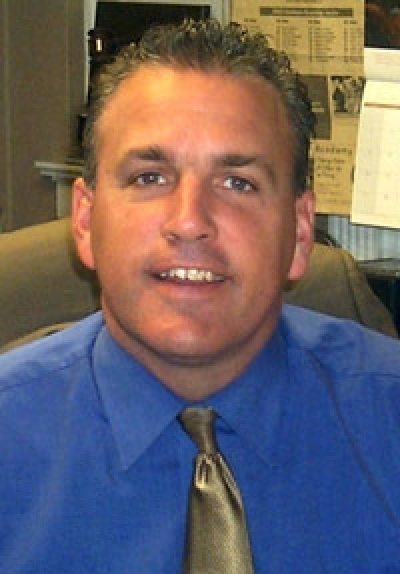Will Christian Morality Be Considered Immoral? Illegal?

For two-hundred-plus years, Western culture (especially America) has been shaped by the Judeo-Christian worldview. Not all citizens of the West were orthodox Christians nor were Western nation-states theocracies. Yet, the contours of the social and intellectual life of Western culture were largely moralistic and spiritual.
In the last one hundred years things have changed. The West is largely secular and at times anti-religion, especially anti-Judeo-Christian. How did this happen? The process is interesting and revealing.
To explain, let me borrow from Canadian philosopher Charles Taylor and his magisterial work, A Secular Age.
There was a time when it was "impossible not to believe." That is, whether orthodox in their beliefs, most Westerners either held to a robust Judeo-Christian worldview or at least gave some adherence to this perspective. Most social norms of Western culture and law were shaped by this view. It was virtually impossible not to believe in God. Atheists were present, but rare and benign.
This dominant view began to give way to the perspective that argued it was "possible not to believe," symbolized by the publications of Nietzsche and Darwin suggesting a Godless, mechanistic world. In other words, in the place of a cultural expectation to embrace the Judeo-Christian worldview it became more acceptable to not believe. Atheism was not yet on the rise, but it was more acceptable, palatable, yet still odd.
We have now moved to a place where it is nearly "impossible to believe" anything Godly or eternal without ridicule. The rise of the "nones" (people with no religious affiliation) is on the move and people of faith are reeling at this unexpected development. People of faith are now viewed with suspicion, as narrow minded, odd. The show is on the other foot.
This stage of disbelief will eventually give way to a perspective where it might be "illegal and immoral to believe" in God or to hold to certain ethical and moral truths of a historic, robust Judeo-Christian worldview. This worldview will be increasingly marginalized and ridiculed, even outlawed, if it doesn't embrace homosexuality, abortion on demand, and the privatization of all things religious. In essence, you can have your beliefs so long as you keep them to yourself.
The battle over competing world views will be fought in such spheres as academic freedom, religious liberty, political discourse, and civil culture. It will be a battle Royale.
Questions remain: is the open, public square truly open and will there be enough room for a free exchange of ideas where the best ideas are allowed to emerge in civil and respectful ways? If not, we're in more trouble than we think we are.
What should Christians do? There are many things we can do, but here are a few.
First, we must thoroughly know what we believe and why we believe it. We must draw clear, bright lines highlighting what we believe. Casual, lazy belief will not hold up.
Second, we must engage culture locally and globally with a prayerful, humble, convictional and courageous witness to the Gospel of Jesus Christ. Acts 17:16-34 is a great model for this kind of engagement. Gospel-seasoned people just once come out of the salt-shaker of the church.
Third, we must ask God to help us build strong, Gospel-centered, mission-minded churches where the mercy and grace of God transforms sinners, the Christ of God is exalted, the Spirit of God is welcome, and the Word of God is embraced. The church, not Washington, must be the epicenter of a new spiritual and cultural earthquake.
Finally, we must not lose our nerve or our faith in our Sovereign God. Read history. We have been made this way before. Nations have risen and fallen, but the church remains triumphant. With God on our side we cannot fail because God cannot fail.





















